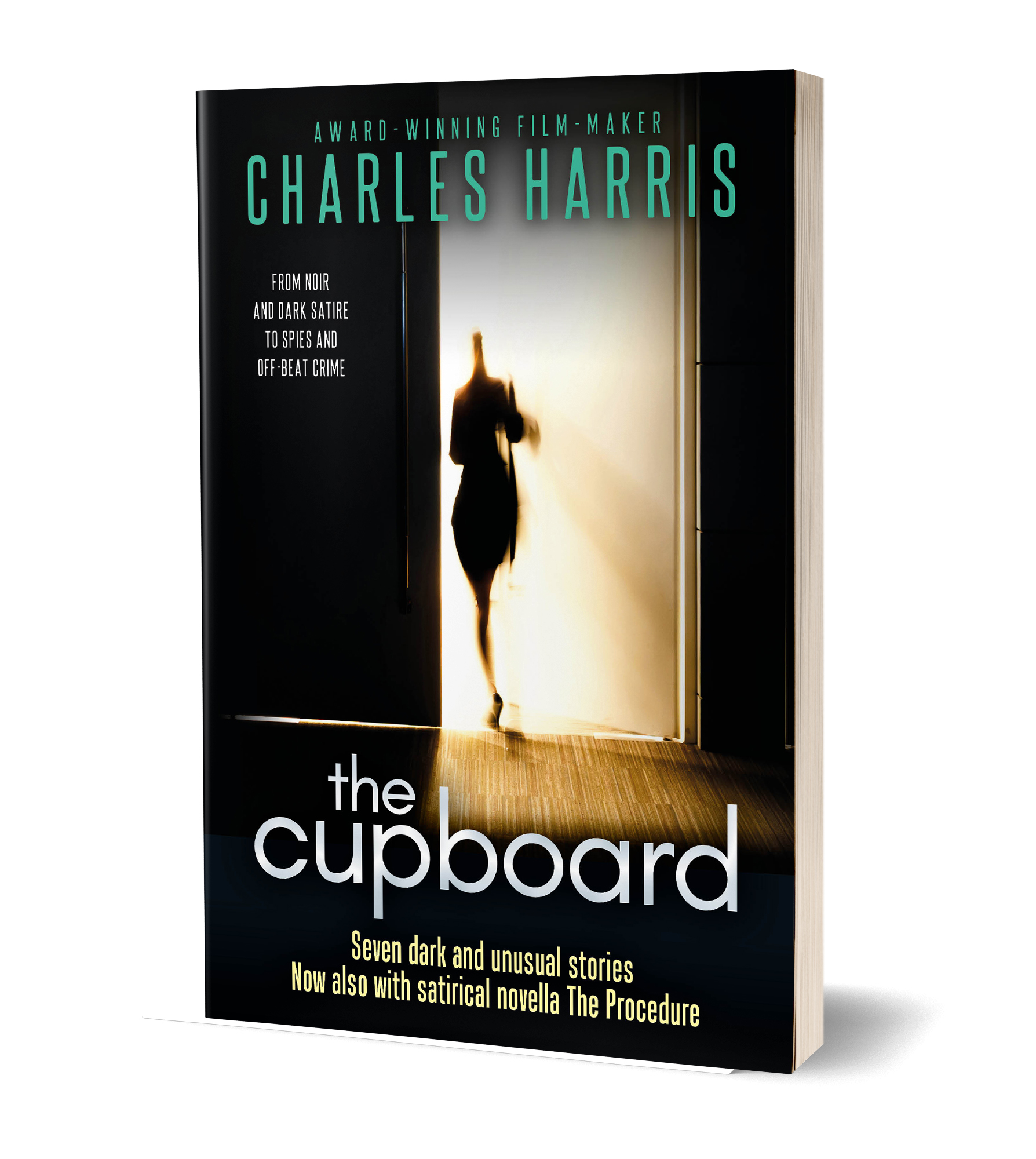Taking risks in the farmers’ market
07 Wednesday Nov 2018
Written by Charles Harris in Books, Life, Mental Game, Reviews
Tags
Black Earth Rising, Brexit novels, Hugo Blick, Laura Freeman, Sunday Times, The Guardian, Tim Dowling
How often do you find yourself taking risks?
Recently, my wife and I visited a farmers’ market along with our younger son and his family.
I don’t know about you, but I find these places wonderful to look at, but I rarely actually buy anything and that makes me feel guilty.
The produce looks great, but I’m out of my supermarket comfort zone. It’s all very different and risky. What if I don’t like what I buy? What if it turns out to be a bit expensive, compared to Sainsbury’s?
My younger son had a different attitude. He said, he always bought something, even something small, because it was part of the fun of it.
He didn’t care if it might not be the same as in the supermarket. Or even not as cheap as he’d usually pay. That was the risk you ran in order to take part.
Good actors love writers who take risks
I bought some olives and a pastie. They probably cost more than I’d have paid elsewhere. But they were good. And he was right, it was fun.
By coincidence, taking risks came up twice in the papers this week.
In the Sunday Times, Laura Freeman reviewed the sudden influx of “Brexit” novels. Unimpressed by their clichés, she criticised their writers for not taking risks. For going for the quick and easy joke or caricature.
A few days later in The Guardian, Tim Dowling praised Hugo Blick’s legal thriller TV series Black Earth Rising precisely for “how consistently it took risks.”
If you haven’t seen the series, catch it online while you can. It’s not your usual thriller: constantly surprising, when so many series are predictable; intelligent, when so many programmes are desperate to dumb down; beautifully acted – I don’t remember a single duff performance.
Of course, good actors love characters that writers take risks with. Check out, especially, Blick himself, in a cameo as an icily amoral human rights lawyer, one of the performances of the year.
Writing and reading are all about taking risks.
When you sit down to write or choose a book to read, you take a risk. Risks are, by their nature, risky. You could fall flat on your face.
Every time a writer sends out a piece of writing, he or she risks looking a complete fool.
Every time a reader downloads, borrows, buys or even opens a book, he or she risks wasting time or money.
Stupid or exciting?
Of course, there are stupid risks. Risks that nobody would be advised to take.
And there are exciting risks, that promise something new.
And the risks vary in degree.
Spending £1.99 and a few hours of reading time is not the same as devoting three years to crafting and polishing a novel.
But, like buying something unexpected in a farmers’ market, if you don’t take the risk, you don’t get to take part in the fun.
What risks are you going to take next?


Tell people what you think